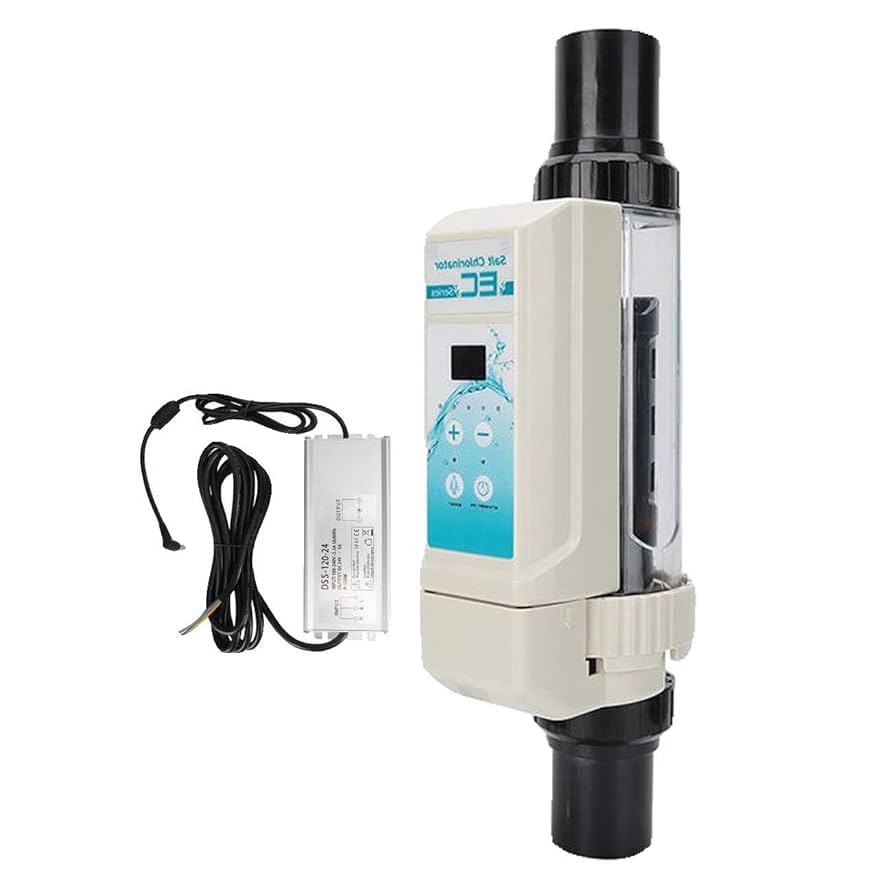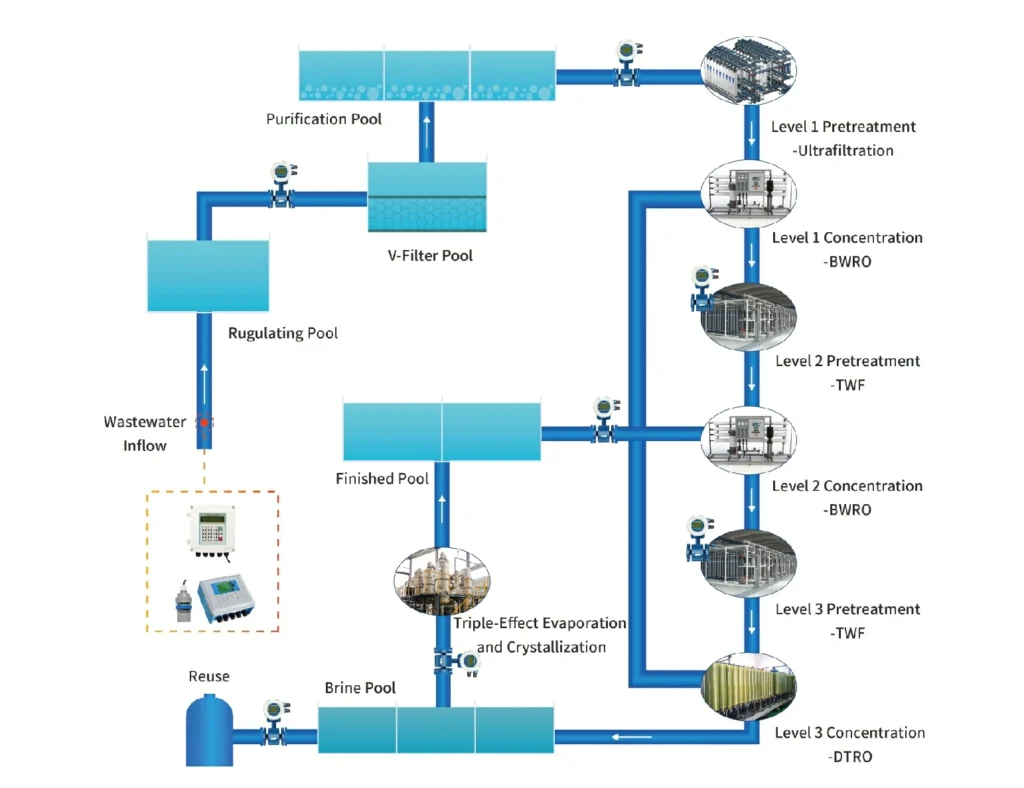Case Studies
Geerwork Case Studies
Case 1: Pool Salt Chlorine Machine

Nautilus Ind is a manufacturer specializing in high-end residential and commercial swimming pool equipment. Its products include salt chlorine machines, filtration systems and water quality monitoring equipment, and its services cover markets such as resorts, clubs and private villas.
The electrolytic anode in the salt chlorine machine is often made of stainless steel or low-quality titanium plates, which are prone to scaling or corrosion, reducing the efficiency of chlorine production;
High energy consumption, especially when the water temperature changes or during the peak period of pool use, the chlorine generation is unstable;
The market has high requirements for water quality comfort, and ordinary systems still have negative feedback such as chlorine odor and skin and eye irritation.
Your company customized and developed high-purity MMO titanium electrode units for brand A salt chlorine machines:
High stability coating: Ru Ir/Ir Ta mixed metal oxide coating is used to improve electrochemical efficiency and extend service life;
Optimized electrode structure: Design multi-pole parallel electrode structure to enhance water flow coverage and electrolysis efficiency;
Intelligent current regulation: The system automatically adjusts the current to generate chlorine according to water temperature, pH and ORP indicators to avoid excessive and energy waste;
Anti-scaling design: The anode surface is coated with an anti-scaling film layer, and combined with regular maintenance reports to remind users to clean it.
System compatibility assessment: Analyze the existing design of the customer’s salt chlorine machine to determine the interface, current and titanium anode module specifications;
Test verification: Verify the chlorine production efficiency, electrode life and scaling in the experimental pool;
Small batch installation and commissioning: Install in 3 devices first, monitor performance and collect energy consumption and water quality data;
Large-scale promotion and application: Optimize parameters based on feedback and then promote to all sales products;
End-user training and maintenance guidance: Provide operation manuals and regular cleaning recommendations to reduce user misuse and maintenance costs.
“Since the use of your company’s titanium electrode, chlorine production has become more stable and energy consumption has been significantly reduced. The equipment operation is more reliable, user complaints have decreased, and the brand image has also improved a lot.”
—— Fátima Eduardo, Product Manager of Nautilus
Case 2: Industrial Wastewater Treatment
The customer is a medium-to-large industrial wastewater treatment plant, which mainly treats highly organically polluted wastewater from textile, pharmaceutical and chemical parks. The daily processing scale is about 500 tons, and the goal is to improve pollution removal efficiency and reduce operating costs.
The COD (chemical oxygen demand) concentration in the wastewater is high and the composition is complex, and the purification rate of traditional biochemical treatment is low;
The electrochemical oxidation + electrocoagulation system uses graphite or nickel-based electrodes, which are easily corroded, the efficiency decreases, and the life is short;
The system has high energy consumption, and the unit COD treatment power consumption cost remains high.
Your company customized and developed high-purity MMO titanium electrode units for brand A salt chlorine machines:
High stability coating: Ru Ir/Ir Ta mixed metal oxide coating is used to improve electrochemical efficiency and extend service life;
Optimized electrode structure: Design multi-pole parallel electrode structure to enhance water flow coverage and electrolysis efficiency;
Intelligent current regulation: The system automatically adjusts the current to generate chlorine according to water temperature, pH and ORP indicators to avoid excessive and energy waste;
Anti-scaling design: The anode surface is coated with an anti-scaling film layer, and combined with regular maintenance reports to remind users to clean it.
System investigation and demand assessment: Analyze COD, pH, conductivity, etc. and set performance indicators;
Equipment selection and customization: Design titanium anode modules that are suitable for existing reaction tanks, including coating model, electrode area, current specifications, etc.;
Installation, commissioning and operation optimization: Select different current densities to test performance in the pre-test phase and adjust to the optimal point (such as 600µA/cm²) to balance efficiency and energy consumption;
Long-term monitoring and maintenance: Determine the coating status based on operating data, and replace or clean and maintain it in time if efficiency decreases.
“After using this titanium anode, the stability and efficiency of our wastewater treatment system have been significantly improved, and the operating cost has been significantly reduced. Especially under high COD load conditions, the system performance is much higher than our original plan.”
—— Peter Wallence, Environmental Protection Supervisor of an Industrial Park

